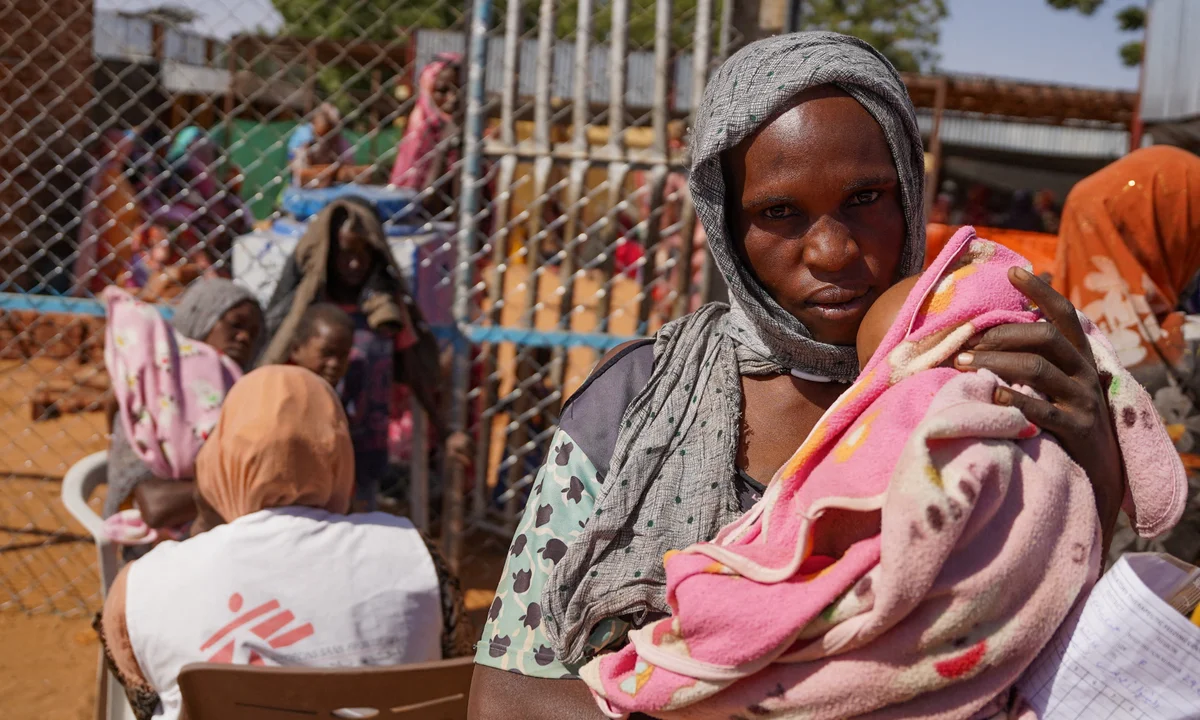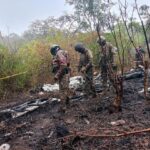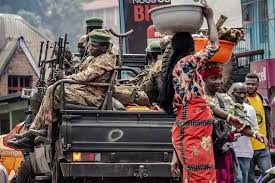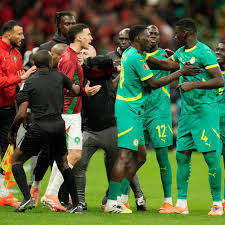Heart-wrenching accounts are emerging from Sudan’s North Darfur region after the paramilitary Rapid Support Forces (RSF) seized control of El Fasher, the last major city previously held by the Sudanese army in Darfur. Survivors and residents who have managed to flee are painting a horrifying picture of violence, massacres, and total communication blackouts, as fears grow of widespread atrocities and ethnic killings.
One man, who has relatives trapped in El Fasher, shared his pain, saying that he and his family have witnessed “many of our relatives being massacred.” According to him, dozens of civilians were rounded up and killed after the RSF captured the city. He added that communication with those still inside North Darfur has been “completely cut off,” leaving many in the dark about the fate of their loved ones. “We are deeply worried,” he said. “We don’t know what we can possibly do.”
The takeover of El Fasher marks a major turning point in Sudan’s brutal civil war, which began in April 2023 when tensions between the Sudanese army and the RSF exploded into nationwide fighting. What began as a power struggle between military leaders has devolved into one of the world’s worst humanitarian crises, with thousands killed and millions displaced from their homes.
The RSF, led by General Mohamed Hamdan Dagalo, also known as Hemedti, has a dark and violent history rooted in the Janjaweed militia, infamous for atrocities committed in Darfur during the early 2000s. The Janjaweed were accused of genocide and ethnic cleansing against non-Arab populations in the region. Over the years, the RSF evolved into a powerful paramilitary force with vast resources, including control of lucrative gold mines.
The group’s influence extends far beyond Sudan’s borders. The RSF has been involved in conflicts in Yemen and Libya, and its leader, General Dagalo, is alleged to have strong international connections that include smuggling gold to the United Arab Emirates (UAE). Sudan’s army has accused the UAE of backing the RSF militarily, including through drone strikes, though the UAE denies these claims.
The Sudanese army also blames Libyan warlord General Khalifa Haftar for supporting the RSF by facilitating arms smuggling and sending fighters into Sudan, further intensifying the conflict. These external influences have turned Sudan’s war into a regional flashpoint, complicating peace efforts and threatening to destabilize neighboring countries.
In June 2025, the RSF made significant territorial gains, seizing areas along Sudan’s border with Libya and Egypt, cutting off vital supply routes for the Sudanese army. The fall of El Fasher now gives the RSF near-total control of the entire Darfur region, as well as key parts of Kordofan, consolidating their dominance in western and central Sudan.
The humanitarian situation in Darfur has deteriorated rapidly. Thousands of civilians remain trapped in El Fasher, where reports indicate widespread killings, sexual violence, and looting. Aid organizations have warned of an unfolding catastrophe, with hospitals destroyed, food supplies blocked, and communication networks shut down.
In July 2025, the RSF declared the formation of a rival government, raising alarm that Sudan could face a second partition. The first came in 2011, when South Sudan seceded, taking with it most of the country’s vital oil reserves. Experts warn that if the current situation continues unchecked, Sudan may be on the brink of another irreversible split, deepening the chaos and suffering for millions of its citizens.
As global outrage grows, international observers and humanitarian groups are calling for urgent intervention to prevent further atrocities in Darfur. Despite these calls, the violence continues with little sign of a ceasefire. For families like those in El Fasher, hope is fading fast as they wait in anguish, desperate for word from loved ones and praying for an end to a war that has brought nothing but loss, silence, and despair














Leave a comment